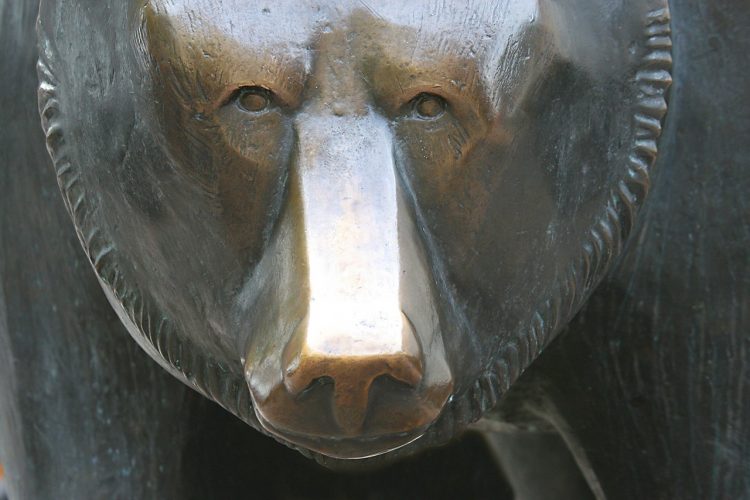The Corona Scare
Everyone knows that the COVID-19 pandemic has been the worst hit on the people’s health and global economy. It has already claimed more than 2 Lakh lives and infected over 30 Lakh people all over the world. It has also crippled the Indian economy. A Bear Market is inevitable amid such economic uncertainty and inactivity.
Most of the countries have imposed either full or partial lockdown. Except for essential goods and emergency services, all other industries and sectors are shut down. The Indian economy is operating at 30% of its potential. The GDP growth rate expected to be 30-year low at 2% for this financial year according to Fitch Ratings.
The stock markets are among the first to react to the Coronavirus scare, the Sensex plummeting to around 38% from its peaks on 23rd March 2020, closing at 25981. It has risen to 31160 on 09/04/20; nevertheless, it seems to be fluctuating around 30500 to 31500 levels for now.
We have already discussed the stock market crash and the bear market in my previous article what is a stock market crash?.
Bear Market
In a bear market, the stock prices of almost all shares, except for FMCG and Pharmaceutical companies, plummet to the multi-year low levels. Blue-chip stocks are also no exception to this carnage.
The main reason for falling stock prices is because due to the low economic activity, the businesses of companies generate lower revenues. Diminished revenues result in companies reporting lower profits or even losses. The stock market sentiments are based on the earnings of the listed companies. If the earnings go down, so do the stock prices.
Investing in a bear market:
Most investors are worried about the performance of their stocks in the upcoming future. In the bear markets, the prices of most stocks either continue to plummet or oscillate between low prices. The chances of reaching their previous highs are very minute.
For an existing investor
Let’s assume you are an existing investor who has invested your own money. You also possess enough cash in hand for daily and essential activities for six months or more. There is no need for you to panic because the stock markets will rise after every fall. This has happened in the past like the dot-com bubble in 2001-02 and the great recession in 2008-09.
It is a great chance to invest in good quality stocks as they are available at around 25% to 35% discount. Make sure that you invest your own money that’s left over after essential activities or needs.
Legendary investor, Warren Buffet’s investment firm Berkshire Hathway had 120 billion dollars in cash and liquid funds to invest in the bear market. Yes! Some of the great investing minds like Warren Buffet, Charlie Munger, and Ray Dalio had already anticipated the upcoming stock market crash. They were ready with cash-in-hand to make use of this great opportunity.
My portfolio also took a jolt, crashing by 35% in just a month. I had already prepared for such a crash and invested mostly in dividend stocks. As a result, even though my portfolio has lost in market value, I will get around 12% yield in the form of dividends. I am also using my leftover cash for buying high-quality stocks at discount prices.
For a new investor
In case you are not an existing investor, it’s a very good opportunity to buy good stocks at discounted prices. It’s like paying a ₹100 bill and getting three ₹50 bills in return.
But you have to very careful, especially, if you are investing a huge amount. In the bear markets, it is difficult to differentiate between high quality and poor quality stocks. You can check my other articles on evaluating the stocks.
Make sure that the stocks have a low debt to equity ratio and a high interest-coverage ratio. In these times of low economic activity and poor revenues, the companies with zero or low debt, high current assets, and substantial net-worth will get through with minimal damage to their cash and asset reserves.
It is difficult to pinpoint the exact values for these financial parameters as they vary across the industries and sectors. Compare the different stocks belonging to the same industry and sector. It will act as a filter to wipe out low-quality stocks.
A bear market is not a curse to investors; we can’t consider it a boom as well. But an investor with a good strategy and organized approach can benefit from the falling stock prices.
Disclaimer
I provide the information and my views on the website only to educate new investors, stock market enthusiasts, and the common public on equity or stock market investments. Please consult your financial adviser before making any investments in the stock market. In case of any queries, you can contact me via email ID or Contact Form.




